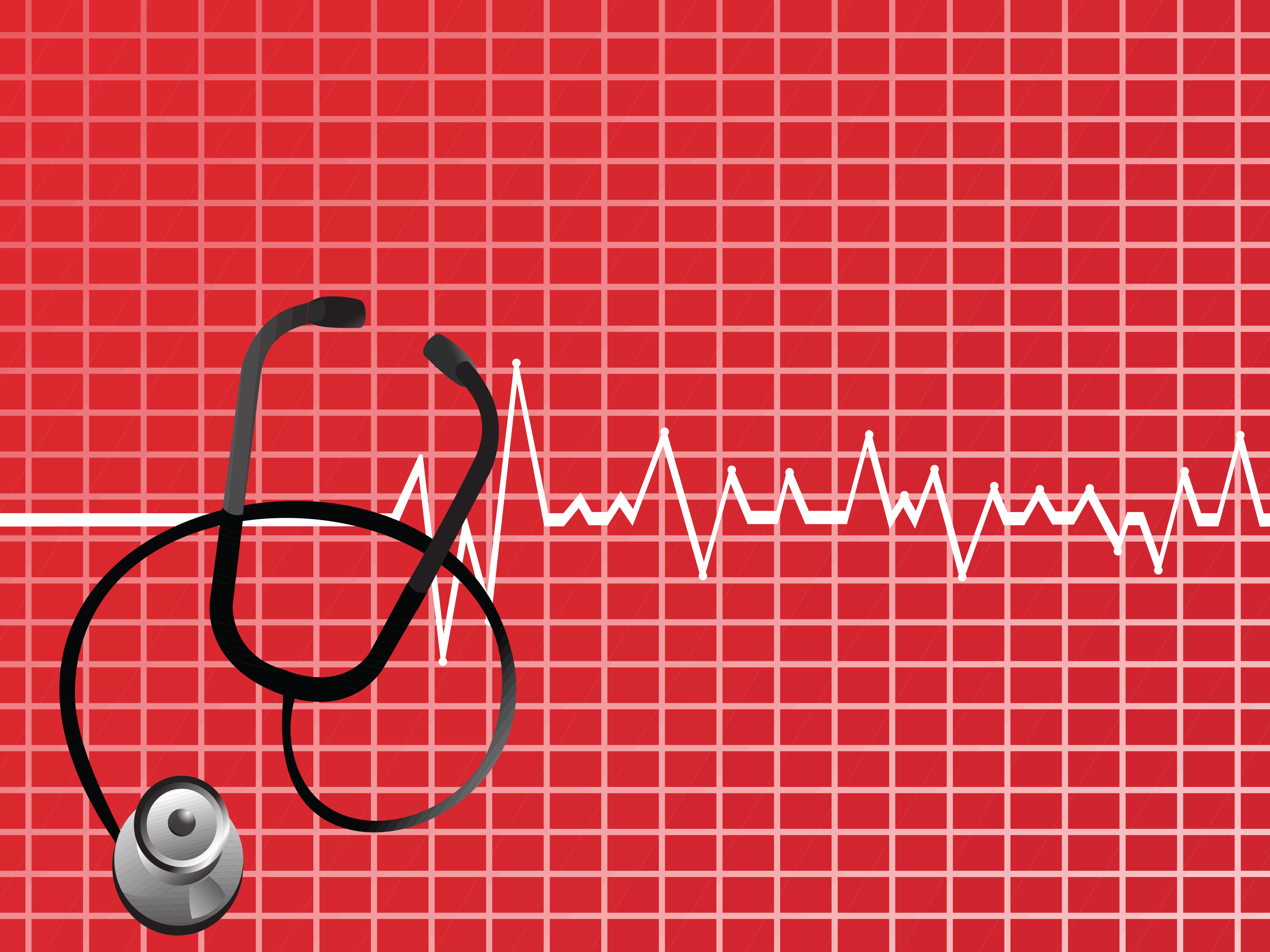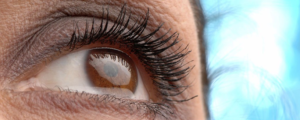Introduction:
Coronary heart disease (CHD) is more than just a medical term; it affects millions of lives around the globe. When arteries narrow or become blocked, the heart struggles to receive necessary blood and oxygen, leading to serious health risks.
This condition can dramatically alter daily routines, spark emotional challenges, and raise questions about one’s quality of life.
One pressing question often arises: Is coronary heart disease a disability? Understanding this connection can empower those affected by CHD to better navigate their circumstances and seek appropriate support. Let’s dive into what CHD truly means and explore its implications for individuals living with this condition.
Explaining Coronary Heart Disease (CHD)
Coronary heart disease (CHD) occurs when the coronary arteries become narrowed or blocked. This typically results from a buildup of plaque, which consists of fat, cholesterol, and other substances. Over time, this accumulation restricts blood flow to the heart muscle.
As blood flow decreases, symptoms like chest pain and shortness of breath may arise. Some individuals experience no symptoms until a severe event, such as a heart attack, happens.
Several risk factors contribute to CHD, including high blood pressure, diabetes, smoking, obesity, and lack of physical activity. Genetics can also play a significant role in an individual’s susceptibility.
Early detection and management are crucial for improving outcomes. Lifestyle changes, combined with medical intervention, can help to maintain heart health and reduce the risks associated with this condition. Awareness is essential for both prevention and effective treatment.
Effects of CHD on Daily Life
Coronary heart disease (CHD) can significantly alter daily routines. Individuals may experience fatigue, making even simple tasks feel daunting.
Physical activity often becomes a challenge. Many who once enjoyed exercise might find themselves limited by shortness of breath or chest discomfort.
Emotional health is also affected. Anxiety and depression can stem from the uncertainty surrounding health status and lifestyle changes.
As some individuals withdraw to avoid situations that could trigger symptoms, social interactions may also decline.
Dietary restrictions also play a role. For many people navigating CHD, changing eating habits to manage cholesterol levels can feel overwhelming.
CHD shapes each day by influencing physical capabilities, emotional wellbeing, and social engagement in life’s activities.
The legal definition of disability
Disability, in a legal context, typically refers to a physical or mental impairment that substantially limits one or more major life activities. This definition is crucial for understanding eligibility for various support programs.
The Americans with Disabilities Act (ADA) outlines this framework. It provides protections against discrimination and ensures access to opportunities in employment and public services.
The Social Security Administration (SSA) also has its criteria. An individual must demonstrate that their condition severely limits their daily functioning to qualify for benefits.
It’s essential to recognize the variability in definitions across different jurisdictions and organizations. Each may have unique requirements that influence the evaluation and recognition of disabilities.
Understanding these distinctions can empower individuals facing health challenges like coronary heart disease, as it helps clarify what assistance might be available based on their circumstances.
Factors that Determine Disability Benefits for CHD Patients
Several factors play a crucial role in determining disability benefits for individuals with coronary heart disease (CHD). The severity of the condition is paramount. If CHD significantly impairs one’s ability to perform daily activities or maintain employment, this can strengthen the case for receiving benefits.
Medical evidence is also required. Documentation from healthcare providers detailing symptoms, treatments, and limitations provides a clearer picture of how CHD affects an individual’s life.
The age and work history of the individual also matter. Younger patients may find it harder to qualify if they have limited work experience or transferable skills.
Compliance with prescribed treatment plans has an impact on eligibility. Those who consistently follow medical advice demonstrate their commitment to managing their condition effectively, which can positively influence benefit decisions.
Social Security Administration’s Criteria for Disability Due to CHD
The Social Security Administration (SSA) has specific criteria for determining if coronary heart disease qualifies as a disability. To be eligible, applicants must demonstrate that CHD significantly limits their ability to perform basic work activities.
One critical aspect the SSA evaluates is the severity of symptoms such as chest pain, shortness of breath, and fatigue. These factors can hinder an individual’s capacity to engage in daily tasks or maintain employment.
Additionally, medical documentation plays a crucial role. Patients need to provide thorough records from healthcare professionals detailing their diagnosis and treatment history. This includes test results like angiograms or echocardiograms that confirm the extent of heart damage.
The SSA considers how well individuals respond to treatments and medications. If lifestyle changes or interventions do not effectively alleviate symptoms, this can strengthen an applicant’s case for receiving CHD benefits.
Other forms of assistance for individuals with CHD
Individuals with coronary heart disease (CHD) may seek various forms of assistance beyond traditional medical care. Support groups play a crucial role in providing emotional backing. These communities offer a safe space to share experiences and coping strategies.
Financial aid is another vital resource. Nonprofit organizations often provide grants or scholarships specifically for those affected by CHD, helping cover medical expenses or even daily living costs.
Rehabilitation programs can also be advantageous. Cardiac rehabilitation focuses on exercise, nutrition, and education tailored to individuals dealing with heart issues.
Additionally, therapy services can help address the psychological impact of living with CHD. Mental health professionals understand the unique challenges faced by patients and their families.
Effectively navigating these resources contributes significantly to improving the quality of life for those affected by this condition.
Strategies for Living with Coronary Heart Disease:
Living with coronary heart disease requires a proactive approach. Focus on a heart-healthy diet rich in fruits, vegetables, whole grains, and lean proteins. This can help manage weight and cholesterol levels.
Regular exercise is crucial. Aim for at least 30 minutes most days of the week. Activities like walking or swimming improve cardiovascular health without overwhelming your body.
Stress management plays an essential role too. Techniques such as meditation, yoga, or deep breathing exercises can reduce anxiety and lower blood pressure.
Stay connected with healthcare providers. Regular check-ups guarantee prompt attention to any changes.
Joining support groups also proves beneficial. Sharing experiences with others facing similar challenges fosters emotional resilience and practical advice.
Keep informed about your condition. Knowledge empowers you to make better lifestyle choices that enhance quality of life while managing symptoms effectively.
Conclusion
Understanding whether coronary heart disease is a disability requires an exploration of its complexities. This condition can significantly impact daily life, limiting physical activity and contributing to emotional stress.
The legal definition of disability plays a crucial role in determining eligibility for benefits. Each case is unique, with factors such as the severity of symptoms, treatment history, and overall health influencing decisions made by institutions like the Social Security Administration.
For those living with CHD, navigating available assistance programs can be daunting but essential. Support comes in many forms—financial aid, community resources, or lifestyle adjustments tailored to individual needs.
Adopting effective strategies for managing this condition improves quality of life. From dietary changes to regular check-ups and exercise regimens that suit personal limitations, proactive steps are vital.
Coronary heart disease affects many lives worldwide. Exploring its status as a potential disability opens up conversations about the available support systems and emphasizes the importance of understanding your rights and options when faced with this health challenge.



